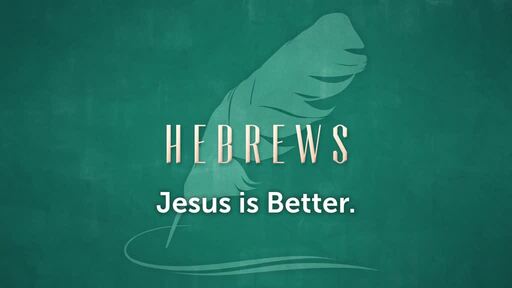Hope in the Real Promise Keeper

Introduction
I. God makes promises.
II. God is the guaranteer of His promises.
God’s promises don’t depend on your character but solely on His faithfulness.
III. God is the fulfiller of the promises that He has made.
The Greek harbors were often cut off from the sea by sandbars, over which the larger ships dared not pass till the full tide came in. Therefore, a lighter vessel, a “forerunner,” took the anchor and dropped it in the harbor. From that moment the ship was safe from the storm, although it had to wait for the tide, before it could enter the harbor.… The entrance of the small vessel into the harbor, the forerunner carrying the ship’s anchor, was the pledge that the ship would safely enter the harbor when the tide was full. And because Christ, our “forerunner,” has entered heaven itself, having torn asunder everything that separates the redeemed sinner from the very presence of God, He Himself is the Pledge that we, too, shall one day enter the harbor of our souls and the very presence of God, in the New Jerusalem.4